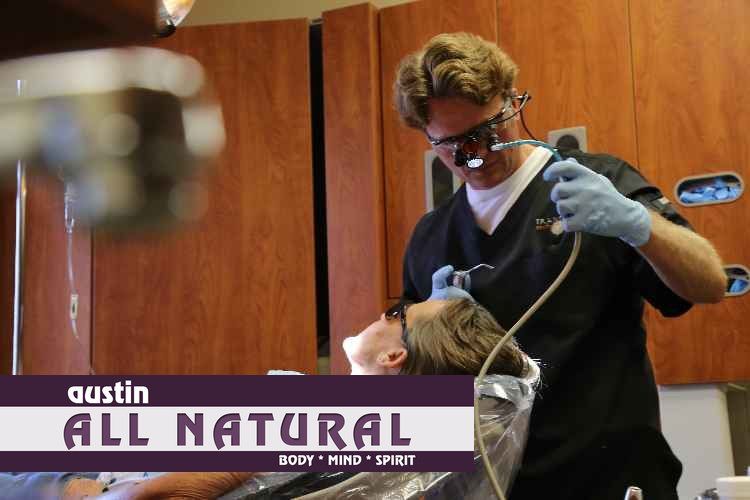Spit Shines
© 2018, Austin All Natural
SPIT SHINES
What substance in your body contains calcium, hormones, antibacterial elements, powerful painkillers and antidepressants, breaks down carbohydrates, and fights bad breath? (Hint – it also takes the spin right off a fastball, and, combined with polish, makes a damn good shoeshine.)
Yep, saliva – good old spit.
by Matthew Carpenter, DDS
Saliva is basically filtered blood. The salivary glands run red blood cells, which are better off in your arteries, through a sieve, allowing calcium, hormones, and components of your immune system to enter. Everyone’s saliva is a little different, and can be used to test for certain hormones and immune diseases.
The main salivary glands, the parotid and sublingual glands, drain into the mouth though the parotidpapillae , a couple of tiny bumps on the inside of the cheeks around theupper molars, and the sublingual papillae ,behind the lower front teeth. (You can feel the parotid gland, upward from your neck to your cheeks – two soft, slightly swollen areas, just below the ears.)
The parotid gland immediately secretes saliva on demand, whenever it’s needed, like when you eat. Glands in the floor of the mouth behind the lower front teeth, however, secrete saliva continuously – 1.5 to 2 pints per day, or .7 of a liter (almost a wine bottle’s worth). The sole function of these glands is to make teeth harder by secreting saliva high in calcium, which also alkalizes the oral cavity, making harmful bacteria less active.
Killing the pain.
Saliva has a painkiller stronger than morphine – opiorphin , discovered in 2006. Built in pain-reducing mechanisms in the mouth are important when you consider what it does. There are more nerve endings there than almost anywhere else in the body, making the mouth extremely sensitive – explaining why bad dental experiences generate traumatic memories and deep fear.
That also explains why you can feel a hair in your mouth, a food particle between your teeth, or a grain of dirt or sand from poorly washed veggies – and why a mouth ulcer is relatively small, but hurts more than almost any other lesion its size in the body. Opiorphin is secreted when you chew, reducing pain in the oral cavity from hot or sharp foods – that’s why a sore throat is temporarily better after a meal.
Studies suggest opiorphin has antidepressant properties, which may be why you feel comforted with some foods, or crave them during high stress. (When life’s beat me down, a great hamburger hits the spot like Chuck Norris, temporarily chasing away the blues.)
Besides strengthening teeth and providing pain reduction, saliva is the first step in the breakdown of carbohydrates, and also produces bactericidal substances to keep pathogenic bacteria you might ingest in check . Mucins , a component of mucus, act as sticky nets to trap bacteria until little antibacterial substances in your saliva move in and kill them off, before they have a chance to get in your bloodstream though your oral tissues and harm you.
Morning mouth and the Ring of Waldezyer.
As you control levels of bacteria in the mouth, you reduce bad breath. Morning breath is partly due to the fact you produce very little saliva while you sleep, so bacteria levels increase, making your breath smell worse. (Brushing and flossing before you go to bed is a good idea if you want to reduce stinky morning mouth.)
Another immunological component of your oral cavity is the lingual tonsils at the very back your tongue, where it attaches to your throat. They’re master samplers, taking samples of everything you swallow into a little nodule with many different immune cells that collect information, and begin educating your immune system about potential threats. They’re one component in a network of tonsils in the mouth and throat called Waldezyers Ring , which also includes tongue tonsils and palatine tonsils, which are what we think of as tonsils. (If you’ve had your tonsils removed, you’ve only had one component of the tonsillar network removed.)
Research indicates the gut is a significant part, maybe the epicenter, of your immune, nervous, and cognitive systems. It’s your oral cavity, though, that determines what happens in your gut and the rest of your digestive and eliminatory system, and is its first line of protection against invaders. Keep your mouth healthy and spit-shined, and everything else is a lot likelier to stay healthy.
The post Spit Shines appeared first on Transcend Dental Health.





